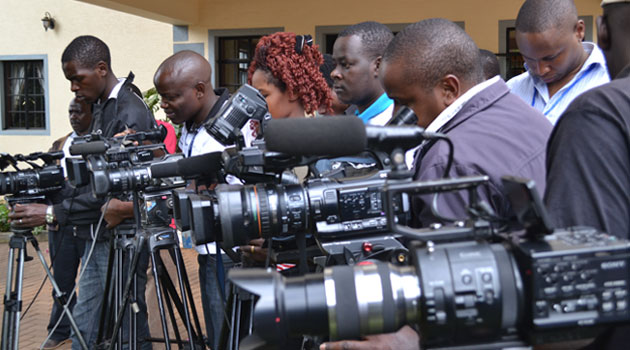US secretary of state Antony Blinken repeatedly refuses to be drawn on the incident, but insists America was not involved “in any offensive operations” and stresses the focus is on de-escalation and avoiding a wider Middle East conflict.
Iran has indicated it has no plans for retaliation as it played down a strike by Israel after Tehran’s unprecedented missile-and-drone assault on the country.
Troops fired air defences from a major military airbase and a nuclear site near the central city of Isfahan, reportedly hitting three drones.
There were no reports of damage or casualties.

Israel has declined to comment, but a US source familiar with the situation told NBC News it was behind the strike.
The US told a meeting of G7 ministers on Friday it had been “informed at the last minute” by Israel about the attack, which coincided with the birthday of Iran’s supreme leader, Ayatollah Ali Khamenei.
Meanwhile, Iran has said it has no plans to respond and sought to downplay the operation.
Notably, a senior official said the country was looking at it as an “infiltration” rather than an “external attack”.
Iran’s President Ebrahim Raisi had previously warned Tehran would deliver a “severe response” to any hostile action.
The limited scale of the attack and Iran’s low-key response suggested frantic diplomatic efforts to avert an all-out war between the long-standing enemies had been successful.
Fears of a deeper Middle East conflict had been sparked after Iran’s weekend assault, which was largely thwarted by Israel and its allies.
This followed an airstrike on Iran’s embassy in the Syrian capital, Damascus, blamed on Israel, which killed several Iranian officers including a top general.











